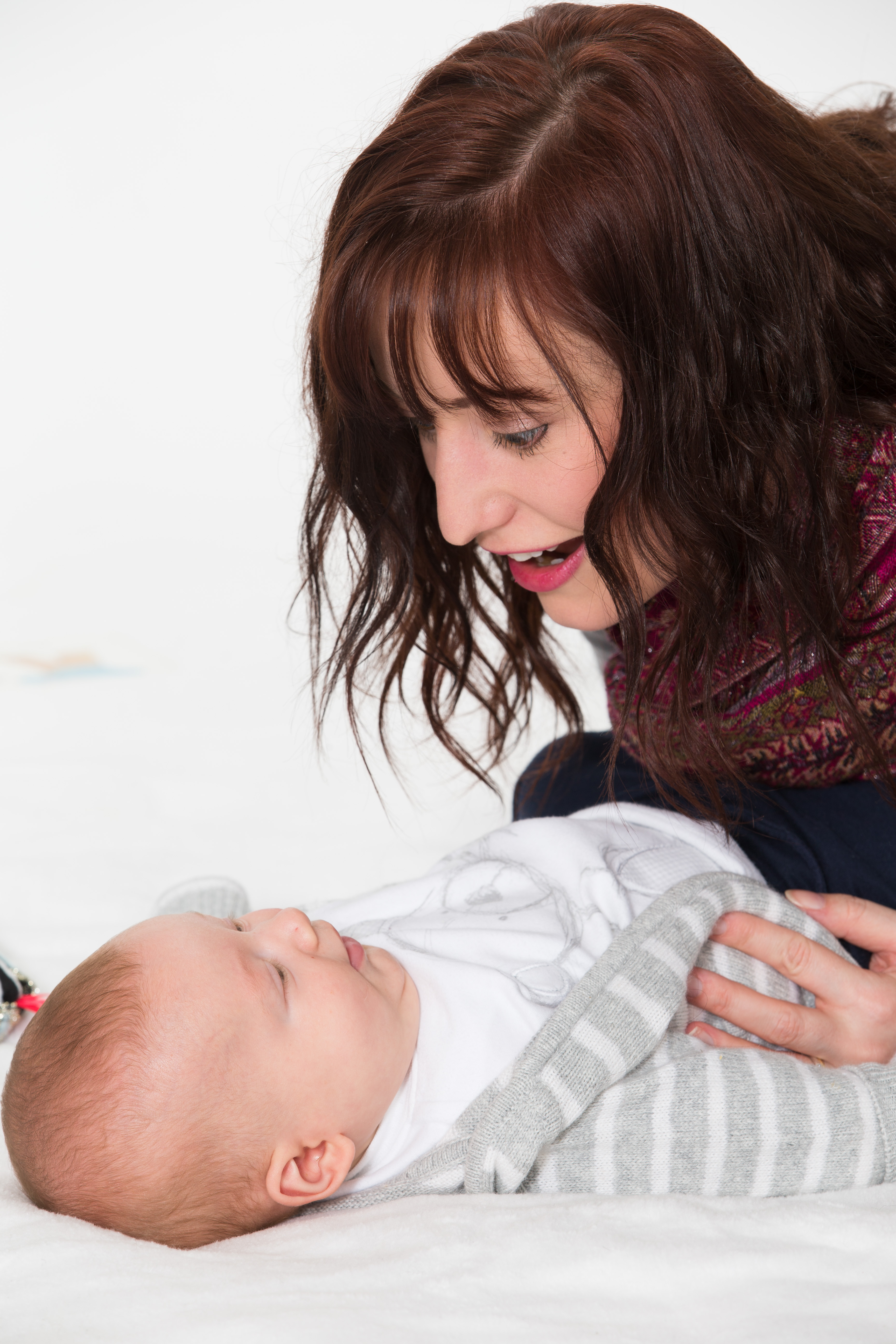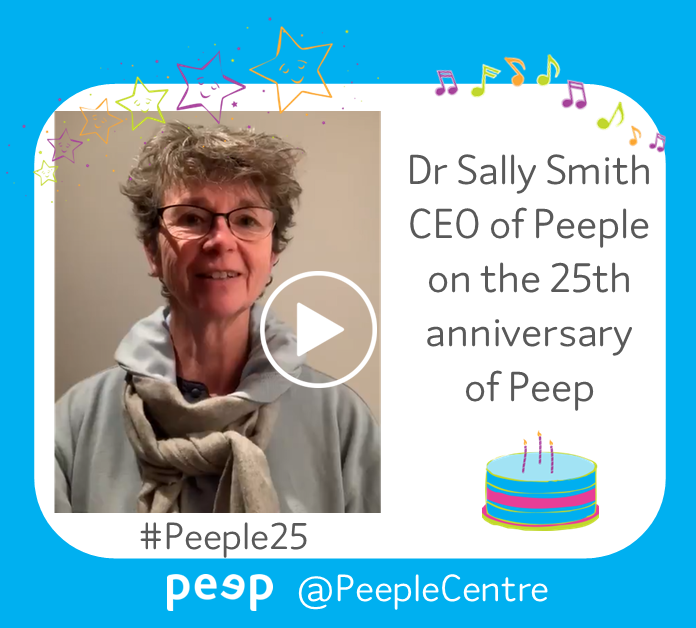Blue
childcare students in lancashire
"A local secondary school head teacher asked me to deliver a Peep session within their childcare course, so that their students could gain a better understanding of how we work with parents and children together. The school had heard about some 5-week Peep sessions that I’d previously done in local daycare settings. I went along with two mums and their three 2 year old boys, and we did a 45 minute Peep session for the childcare students. I was a bit apprehensive at first, but as soon as we started to sing the Hello song the children came and joined in and stayed focused for the whole session! The school was really pleased and has asked us to go back."
Jan Christie, Peep practitioner and trainer, Hesketh Bank, nr Preston
Feature box colour:
Side Quote Color:
'peep into pre-school' project
We're delighted to be part of the Sutton Trust & Esme Fairbairn Foundation Parental Engagement Fund project, launched in March 2015.
Our part of the project is Peep into Pre-school - focusing on reaching and engaging local families with young children, to make the most of their funded pre-school place. Research has shown that the two main influences on children's later outcomes are what parents/carers do with their young children at home, and receiving high quality childcare.
Our work will focus on:
- working closely with our local children’s centre to identify eligible families
- carrying out a home visit to all eligible families (introducing them to pre-schools in the area)
- additional home visits if helpful, to spend more time on aspects such as enhancing children's communication and language, and sharing the benefits of pre-school
- supporting families with a smooth transition into pre-school - including the offer of an accredited 10-week Peep into Pre-school Programme for eligible families the term before they start
- holding a series of events for parents about how they can support early literacy, early numeracy, communication and language, personal, social and emotional development, and health and physical development
- identifying ‘parent champions’ to promote the value of pre-schools to families within the community.
We will share our experience and findings from the project with other interested organisations, as well as gathering and sharing experiences from practitioners in other areas who use the peep learning together programme in childcare settings. The project will be evaluated by the University of Oxford.
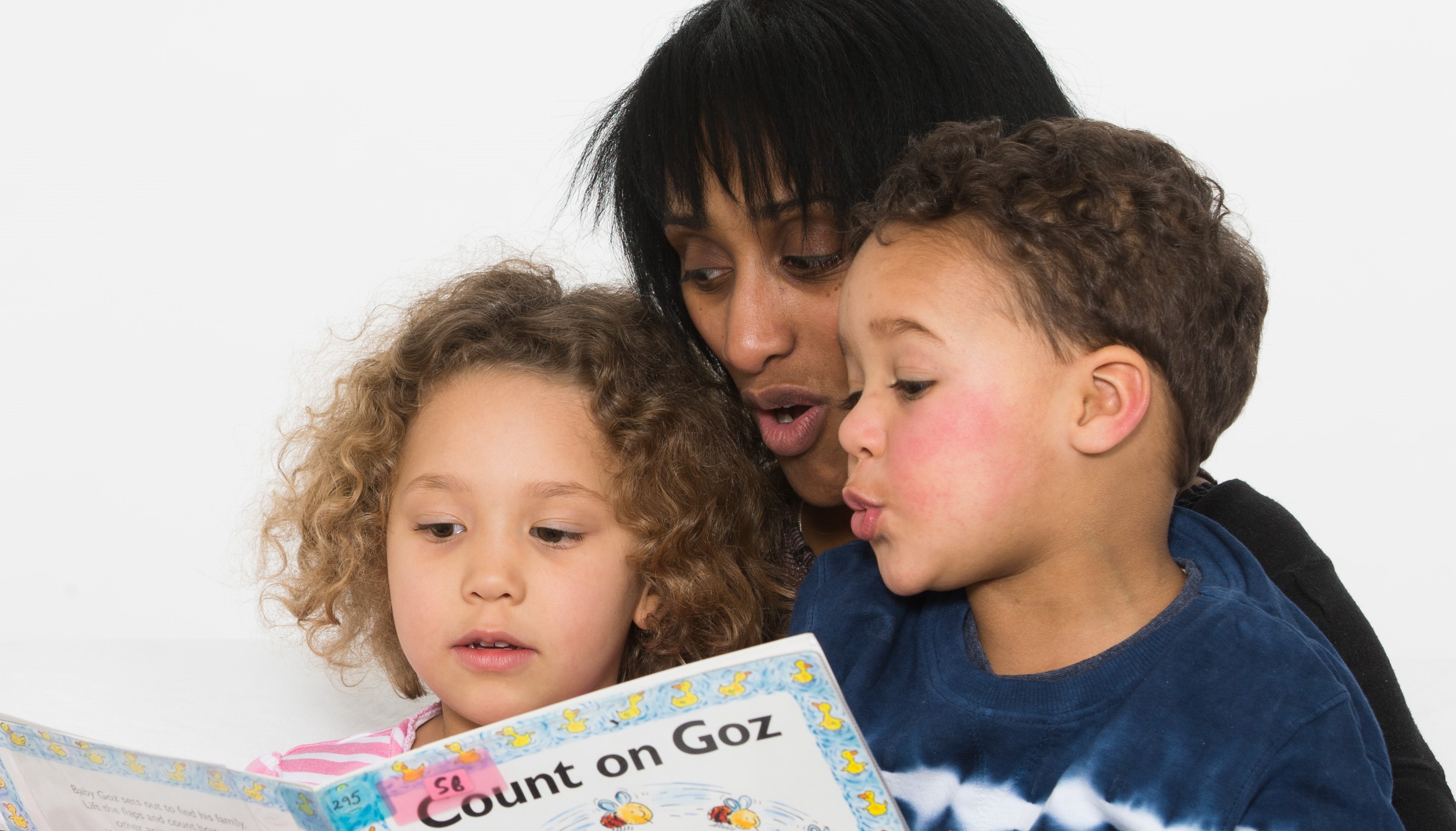
peep into pre-school project
part of the sutton trust parental engagement fund project
Feature box colour:
For more information please contact lindsey.hart@peeple.org.uk
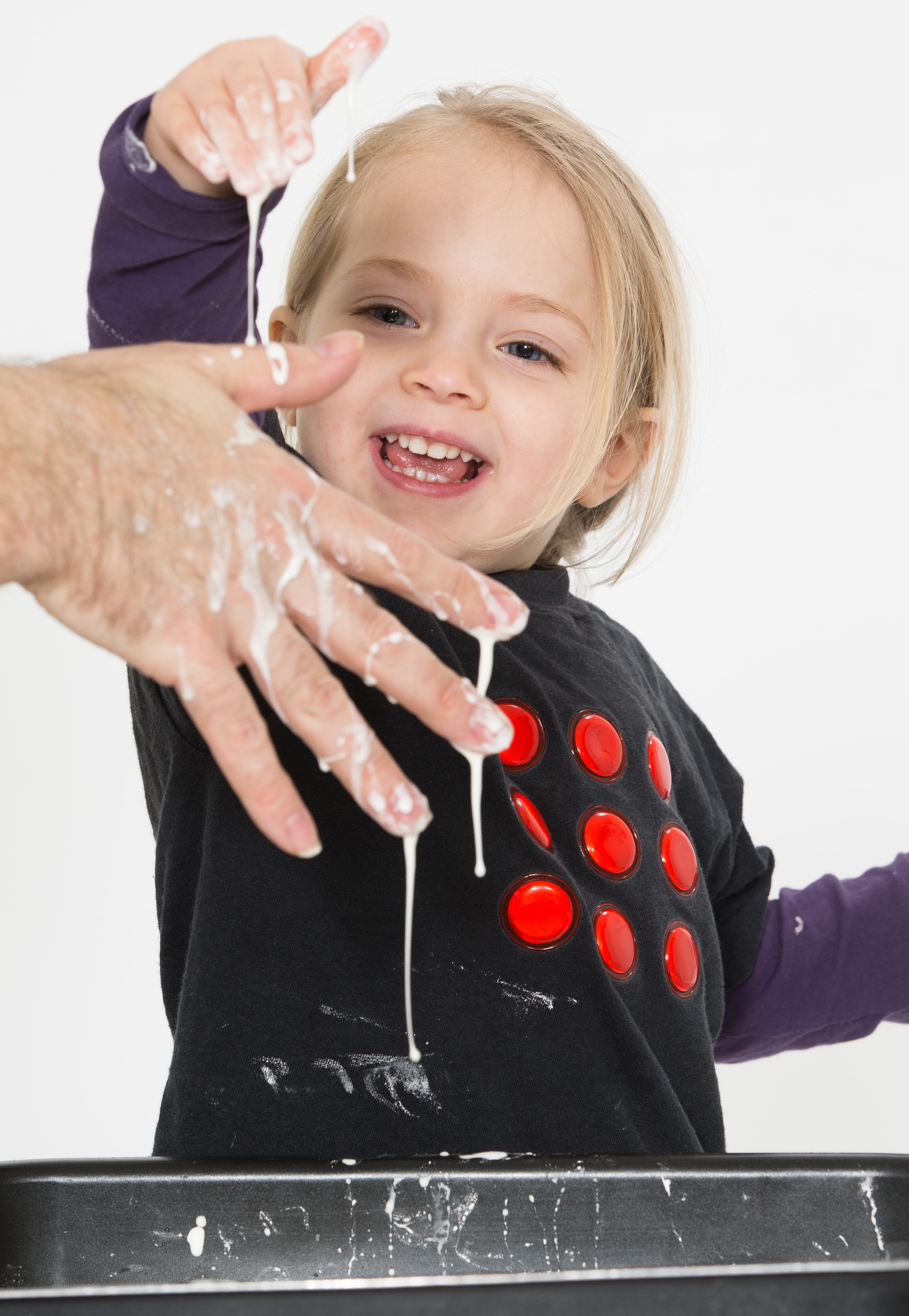
Side Quote Color:
peeple vouchers
Our Peeple voucher scheme enables you to purchase a voucher for any sum of money and to spend it little-by-little or in one purchase on any of our training courses or resources. Alternatively, you can be pre-invoiced now for training in a few weeks' or months' time.
Your organisation may spend a Peeple voucher any time over a 2-year period from the date of purchase. The system has been running for several years, after requests from professionals in various organisations.
All you need to do is fill out and return this downloadable voucher order form then email it to sales@peeple.org.uk
Please email or phone us on 01865 397978 with any questions.
Feature box colour:
Side Quote Color:
peeple trustees
Peeple has a board of pro-active trustees with a strong background in education, family work and management at policy, academic and leadership levels.
David Bailey became our chair of trustees in April 2023. He is a self-employed finance consultant with extensive experience in Board development events in financial management, advising on competitive tenders and developing business cases, particularly in the health sector. He is a qualified accountant (Fellow of the Association of Chartered Certified Accountants) and has an Advanced Certificate in Marketing. David was Board Director of South West Environmental Parks Ltd, including Paignton Zoo, Newquay Zoo and Living Coasts and has been a trustee of Peeple since 2012.
Mark Harris is a business consultant with more than thirty years experience of international sales and marketing. He has held a range of senior executive positions, most recently as Global Senior Vice President of Quaker Chemical Corporation. Mark has been a trustee of Peeple since 2013 following completion of a project for the charity which he undertook as a volunteer with the Cranfield Trust, and was our chair of trustees from 2017 - 2023. He is also a trustee of Age UK Coventry & Warwickshire and the charity ZANE (Zimbabwe a National Emergency), and is a National Trust volunteer.
Neil McClelland OBE was the founding director of the National Literacy Trust, which works across the UK to raise literacy standards and promote reading. The Trust worked closely with Peep and he was on the advisory committee for the initial development of Peep. Neil was a secondary school teacher and education officer, before becoming Deputy Director, Schools for the Inner London Education Authority, with responsibility for pre-school and primary education, and then Director of Education for the London Borough of Greenwich. Neil now works as a consultant and personal/organisational development coach, a volunteer mentor and adviser to a variety of charities; he also contributes to international literacy developments via The Frankfurt Book Fair/UNESCO Literacy Campaign.
Teresa Smith has a life time of experience in work and research with families, including the national evaluation of children’s centres (ECCE 2001-2016) commissioned by the Department of Education. She was a specialist advisor to the House of Commons Children Schools and Families Select Committee (2004-2010) during their inquiries into children’s centres and social work training. Teresa worked in the Department of Social Policy and Intervention in the University of Oxford for many years, where she was Head of Department 1997-2005. She contributed to the reviews which led to the development of children’s centres. Teresa has been involved with Peeple since she was part of the advisory board which helped set up the organisation in 1995, including three years as chair of trustees.
Nancy Stimson joined the Board of Peeple in June 2019, having previously worked as a volunteer consultant through the Cranfield Trust, reviewing and updating Peeple’s employment contracts and employee policies. Having retired from full-time employment as Group HR Director for an IT organisation, Nancy supports various charities from an HR perspective, is a volunteer Adviser for Citizens Advice, and acts as a mentor for women entrepreneurs through the Cherie Blair Foundation. She is also completing a distance learning MA in Communication and Applied Linguistics, and has a particular interest in early years language acquisition.
Dr Alison Street has spent 30 years in community music education with families. She composed and compiled materials for the Peep Learning Together programme (2000). Her research interests focus on the musicality of adult-infant interactions from diverse social and cultural perspectives. Alison works as a consultant to national projects that support families with young children’s learning and communication through music. She was a tutor on the Masters Programme in Early Childhood Music accredited by Birmingham City University and associate lecturer at Oxford Brookes in Early Childhood Studies.
Professor Mary Wild is Head of the School of Education at Oxford Brookes University. Her career began as a primary school teacher and then a nursery leader. Mary's research interests include early childhood literacy, children’s thinking and the use of ICT to support learning. In 2009-10, she was a co-author on a national review on children’s cognitive and socio-emotional development that provided part of the evidence-base that informed the review of the Early Years Foundation Stage (EYFS) Curriculum in England. She has subsequently published articles on early years professionalism and on early education outside of the traditional setting and has co-authored a number of texts designed to support students of early years education. Mary is a member of the British Psychological Society and the British Educational Research Association (BERA), the National Strategy Group for the Early Childhood Studies Degree Network in the UK and the Oxfordshire Strategic Schools Partnership.
Feature box colour:
Side Quote Color:
history of peep and peeple
The starting point for Peep was a breakfast meeting in the early 1990s between Michael O’Regan and Tim Brighouse, who was then Oxfordshire’s Chief Education Officer. Mike had developed a deep interest in the education of very young children; Tim was nationally renowned and about to become Professor of Education at Keele University.
Mike had one vital question: “Would an early years parent-focused project be a good idea?” Tim’s answer was emphatic and positive.
Mike started to develop a network of professional and academic supporters, and he became a governor of Peers School in Blackbird Leys, Oxford. He began to question the causes of underachievement and disaffection among some pupils, with the support of Bernard Clarke, the head teacher. His trail of questioning led down the age groups from secondary to middle to primary and then to pre-school children. First School teachers expressed their difficulty when children arrived with few social skills and little predisposition to read and learn.
Teresa Smith from Oxford University helped in setting up some mini-research, with two of her colleagues interviewing 19 local mothers. The response was consistent: they all desperately wanted to help their young children have a good start at school but didn’t know what they should do to support children’s early development; nor were they confident in their own abilities.
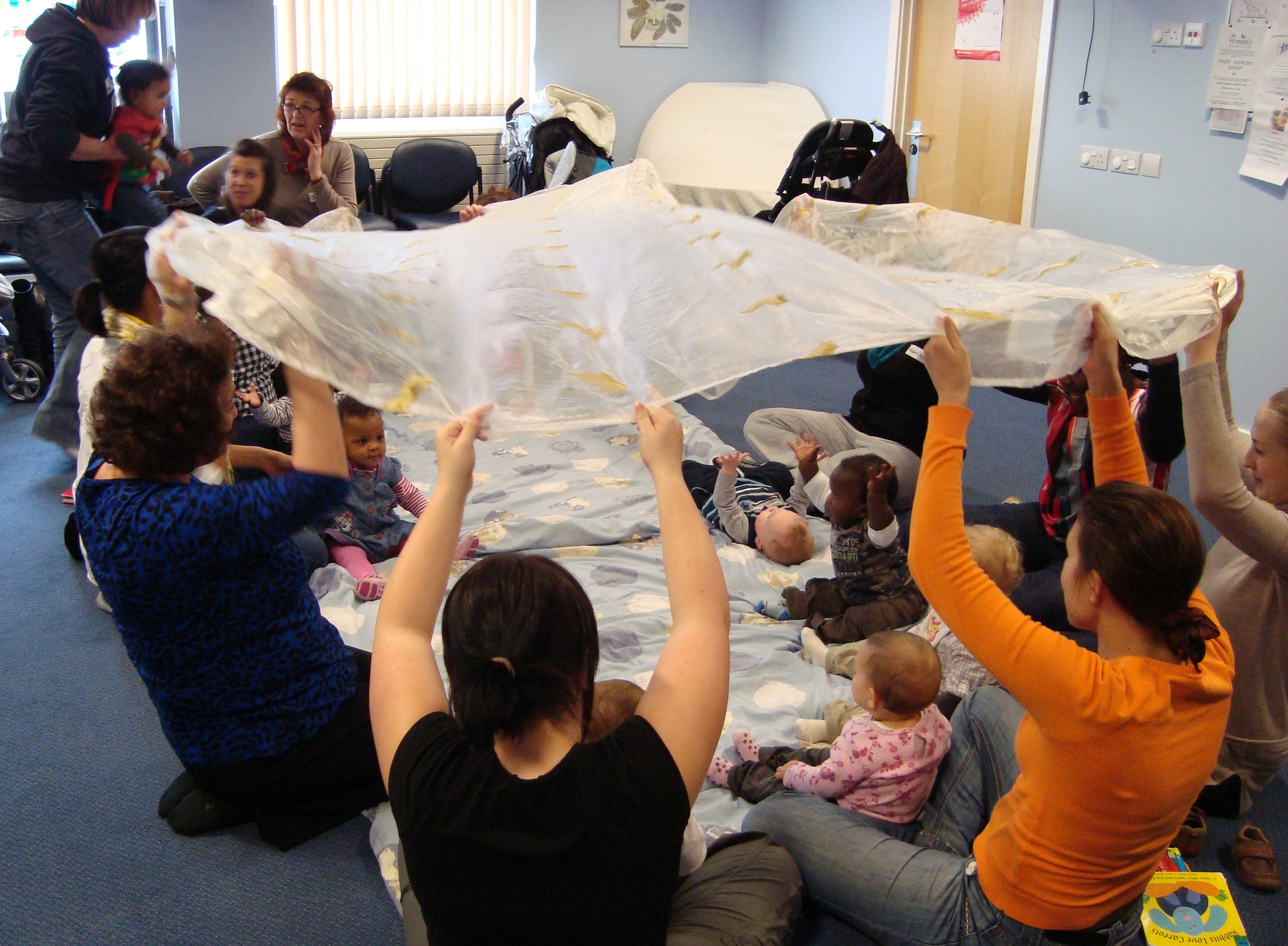 So, with backing and advice from experts in early literacy development, education and social policy, Peers Early Education Partnership (PEEP) was established in 1995. It had a particular mission to work with families in the catchment area of Peers School. The project was led by Dr Rosemary Roberts, crucial in shaping what PEEP did, as the first Director. She and music specialist, Dr Alison Street, developed sessions for families which became the basis of the Peep Learning Together programme. Tim Brighouse remained hugely enthusiastic and supportive, becoming a PEEP trustee.
So, with backing and advice from experts in early literacy development, education and social policy, Peers Early Education Partnership (PEEP) was established in 1995. It had a particular mission to work with families in the catchment area of Peers School. The project was led by Dr Rosemary Roberts, crucial in shaping what PEEP did, as the first Director. She and music specialist, Dr Alison Street, developed sessions for families which became the basis of the Peep Learning Together programme. Tim Brighouse remained hugely enthusiastic and supportive, becoming a PEEP trustee.
Additional to their local impact, the early Peep team helped affect national policy. They influenced the Department for Education’s definition of ‘early years’ changing to start at birth instead of age 3 as before, and the Treasury’s creation of Sure Start [later re-named Sure Start Children's Centres], which drew heavily on what they learned from Peep.
Over the following twenty years Peep was grounded in its Oxford base. This included leading one of the trailblazer Sure Start Local Programmes in the Rose Hill and Littlemore part of the local catchment area. The Peep vision was to transform a community by working with the students of the future by supporting their parents as first educators - and to do so from birth.
The project quickly established itself and drew attention; it grew beyond Oxford into a programme of national potential. Practitioner training and accreditation was developed. Since 2000 well over 10,000 practitioners, working in a wide variety of family support, education, health and community organisations, have been trained to deliver Peep programmes. The approach was clear from the outset: 'working with' rather than 'doing to' families. The replacement of ‘Peers’ with ‘Parents’ for the first initial of Peep reflected this change, while reinforcing the fundamental importance of ‘Partnership’.
Peep’s ideas were innovative, pre-dating and contributing to the Sure Start initiative and the now-accepted national focus on early intervention. As Mike O'Regan recalls: "Less helpful at that time were the Charity Commission: when we applied to be a charity, they rejected our charitable Object [aim] ‘to support the education and cognitive development of children from birth’. They said, ‘education of a 0-3-year-old is a contradiction in terms’. So we had to cheat, changing our Object to 3-5-year-olds but then ignoring that constraint as much as we could in what we did. Later, the Charity Commission did allow us to change our Object to ‘from birth’ ". By 2011 Department of Education policy was stating: “Mothers and fathers are their children’s first and most important educators.”
A number of university studies have evaluated the effectiveness of the Peep programme on parents and children, including those who are sometimes considered ‘hard to reach’. The development of qualification units for parents as well as practitioners - known as the Peep Progression Pathway - extended the learning opportunities for parents, often acting as a first step into further learning, volunteering or employment.
With Mike O’Regan still involved and since 2012 under the leadership of Sally Smith and a distinguished board of trustees, Peep’s progress needed one further evolution of its name. To reflect its growing reach and distinguish between the organisation and the programmes, while remaining committed to its origins and humane principles, the organisation became known as Peeple in 2014. This was chosen to reflect that Peeple is a learning enterprise with an inclusive, human approach, focused on parents, carers and young children.
> Read more about the difference between Peep and Peeple.
history
how it all began -
our organisation peeple,
and our peep programmes
Feature box colour:
find out more or book training
tel 01865 397 970
training@peeple.org.uk
> programmes
> training courses
> dates & booking
> sign up to our e-newsletter
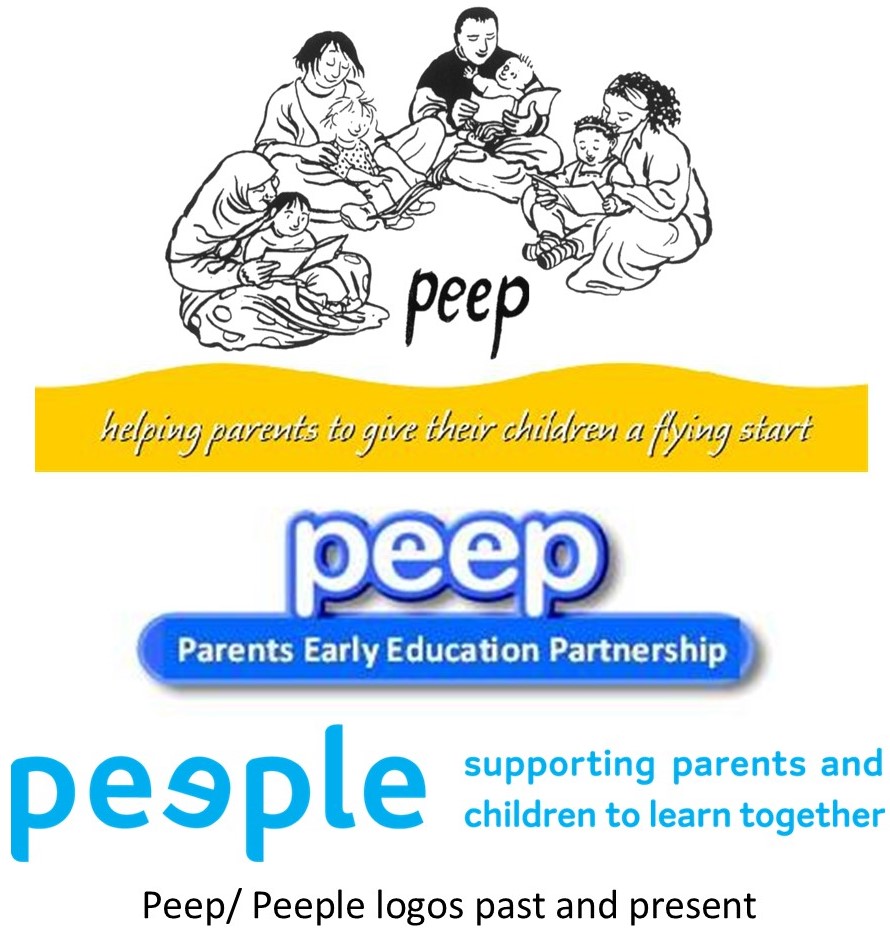
Side Quote Color:
- Read more about history of peep and peeple
- Log in or register to post comments
Programme feature box
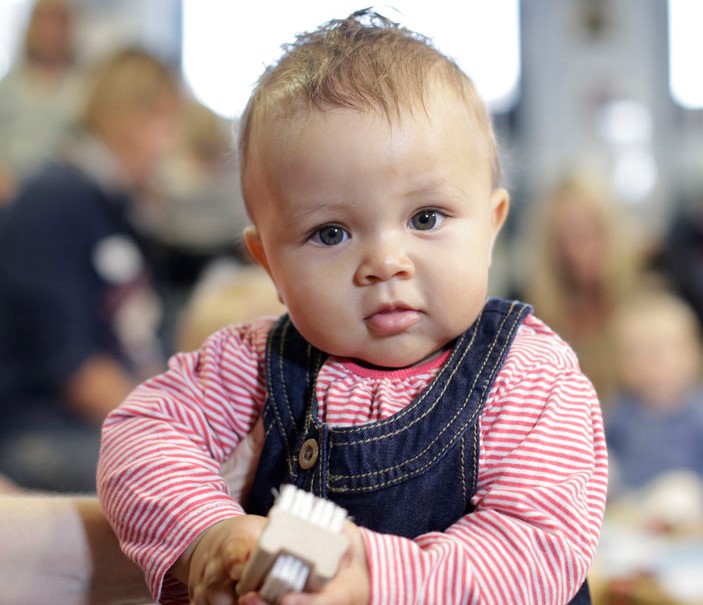
Our programmes are evidence-based and structured but flexible.
Testimonial placeholder
aljsojsklmn fsojfosndl
Stay in touch
room to play
Room to Play was an innovative drop-in style provision in a community shopping centre, underpinned by the Peep ethos and programme. It aimed both to welcome and value all parents and carers, and to extend their existing parenting practices. Room to Play sought to appeal to ‘excluded’ or isolated families who, for a range of reasons, may not have accessed other services. The project was funded by the Sutton Trust and the Garfield Weston Foundation.
Several recent research studies point out that it is often the services themselves that inadvertently exclude families. As Oxford University’s evaluation (Evangelou, Smith, Coxon, Sylva, 2008) indicates, Room to Play has gone a long way towards overcoming these barriers and engaging with a wide cross section of families.
engaging families: approaches used in room to play
- Taking the service to the user, rather than expecting the user to come to the provider: Room to Play was based in a busy community shopping centre, and was open six days a week throughout the year.
- Effective engagement requires time, sensitivity and flexibility: relationship-building, friendship and social interaction were some of the successful ways of supporting parents and children. Staff also helped parents to ‘move on’ and access other provision.
- It is important to locate the service in attractive premises: parents said that they felt comfortable within the open-plan, home-from-home environment. They could relax with their child(ren), as well as joining in ‘messy play’ activities (such as painting, and playing with playdough, water, sand and ‘gloop’).
An independent evaluation of the project was carried out by the University of Oxford, in three phases. Download a brief summary or the final full research report of the evaluation here.
Peep-trained practitioners from any professional background can use the Learning Together programme with families in any context or setting. Follow the links for more information about our Learning Together Programme and Training.
room to play (shopping centre) study
Feature box colour:
‘Room to Play had decreased [the mum’s] social isolation, and importantly, she had begun to interact more positively with her child, and was growing in confidence. She had made a treasure basket for her child and was beginning to use everyday objects such as wooden spoons in playing with her son.’
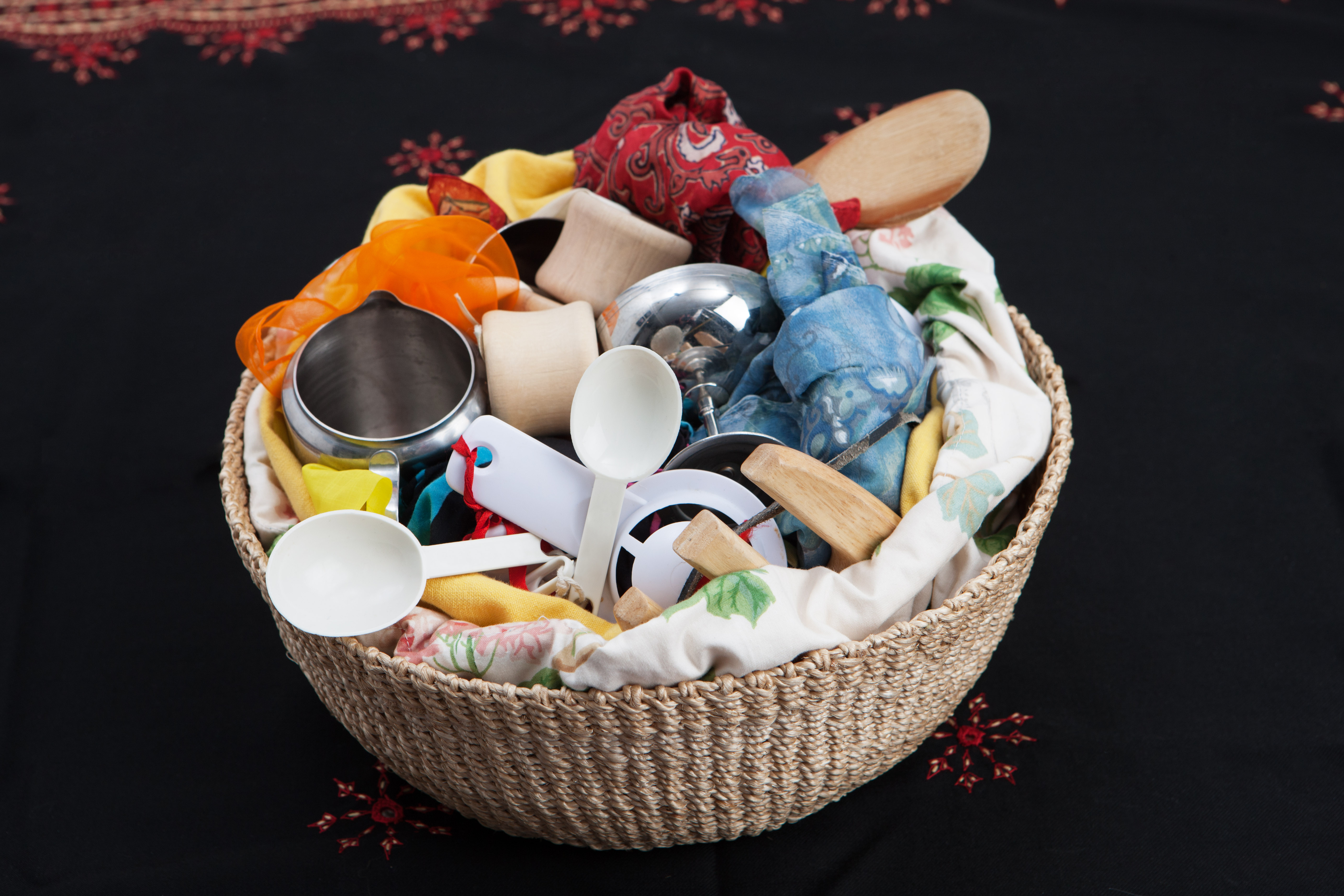
Side Quote Color:
peep antenatal programme study
A small scale evaluation of the Peep Antenatal Programme (n=10) was carried out at the University of Warwick. The Programme (originally known as Peep Reflective Parenting Programme) aims to support strong parent-baby bonding and attachment relationships, helping develop parents' reflective function and confidence in tuning in to their baby’s feelings and behaviour.
The study followed 10 parents who received the intervention programme (in additional to their normal antenatal and postnatal care). Data was collected before the programme began, at the midpoint of the programme and shortly after the programme finished. The primary measures used were the Parent Development Interview, Parent Embodied Mentalising and the Crittenden Care Index.
key findings
- Parents are less intrusive and more inclined to think about, and articulate, their baby’s thoughts and feelings, which is a key indicator of reflective functioning capacity.
- Improvements have been noted in parental behaviours associated with sensitive parenting.
- A reduction has been noted in parental behaviours identified as controlling and unresponsive.
- Parents who were in the clinical categories of risk or ineptness regarding their relationship with their baby, have moved to adequate and sensitive categories.
- Parents described the Programme as enjoyable, informative and non-stigmatising.
- Parents requested additional practical examples of activities, rhymes and techniques that they could practice with their ‘bumps’ and newborns in order to maximise the development of a positive attachment bond. They also asked for further information about infant development, including neurobiology and attachment.
A research summary of the findings can be downloaded here.
Follow the links for more information about our Peep Antenatatal Programme and Peep Antenatal Programme Training.
peep antenatal programme study
Feature box colour:
‘An early secure attachment relationship with one or both parents is known to be highly protective of babies’ psychological and emotional wellbeing and mental health.’ (Slade, 2005)
